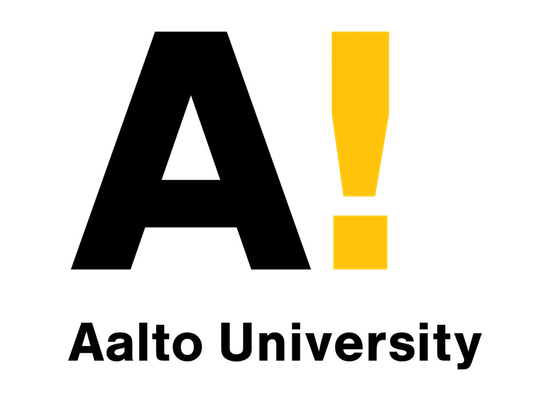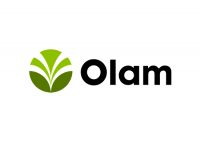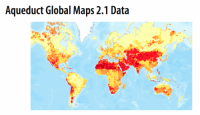Primary Functions
- Learn how some corporations engage in global water security and transnational water governance and various factors that drive their actions via case studies of Nestlé, Bunge, and Cargill
Detailed Description
The agriculture sector is responsible for 92% of water consumption globally (Hoekstra and Mekonnen, 2012). Accordingly, major water management and security decisions are made in the world agro-food system. In principle, these decision are made by farmers managing irrigation efficiency with different techniques and water endowments, by the agricultural input industry supplying factors of production such as seeds and fertilisers to farmers affecting water use, by global agribusiness traders sourcing virtual water embedded in products from different parts of the world, by processors and retailers setting sustainability parameters for their brands and products, by consumers choosing the products they buy, and by policy makers setting the wider regulatory framework for production and trade. However, the concentrated and consolidated power of corporations in global agro-food value chains and the global political economy make this decision-making setting blurred and arguably asymmetric.
This article investigates the agency of the world’s largest food and agribusiness corporations in global water security via case studies of Nestlé, Bunge and Cargill by analysing their position in the political economy of the world agro-food system and the ways they intentionally and non-intentionally manage and govern water in their value chains and wider networks of influence. The concentrated power of a few corporations in global agrofood value chains and their ability to influence the agro-food market dynamics and networks throughout the world pose asymmetric conditions for reaching not only global food security but also water security. The article will analyse the different forms of power exercised by the corporations in focus in relation to global water security and the emerging transnational water governance regime, and the extent to which their value chain position and stakeholder interaction reflect or drive their actions. Due to their vast infrastructural and technological capacity and major role in the global agro-food political economy, food and agribusiness corporations cannot avoid increasingly engaging, for endogenous and exogenous reasons, in multi-stakeholder initiatives and partnerships to devise methods of managing the agro-food value chains and markets to promote global water security. However, their asymmetric position in relation to their stakeholders demands continuous scrutiny.







